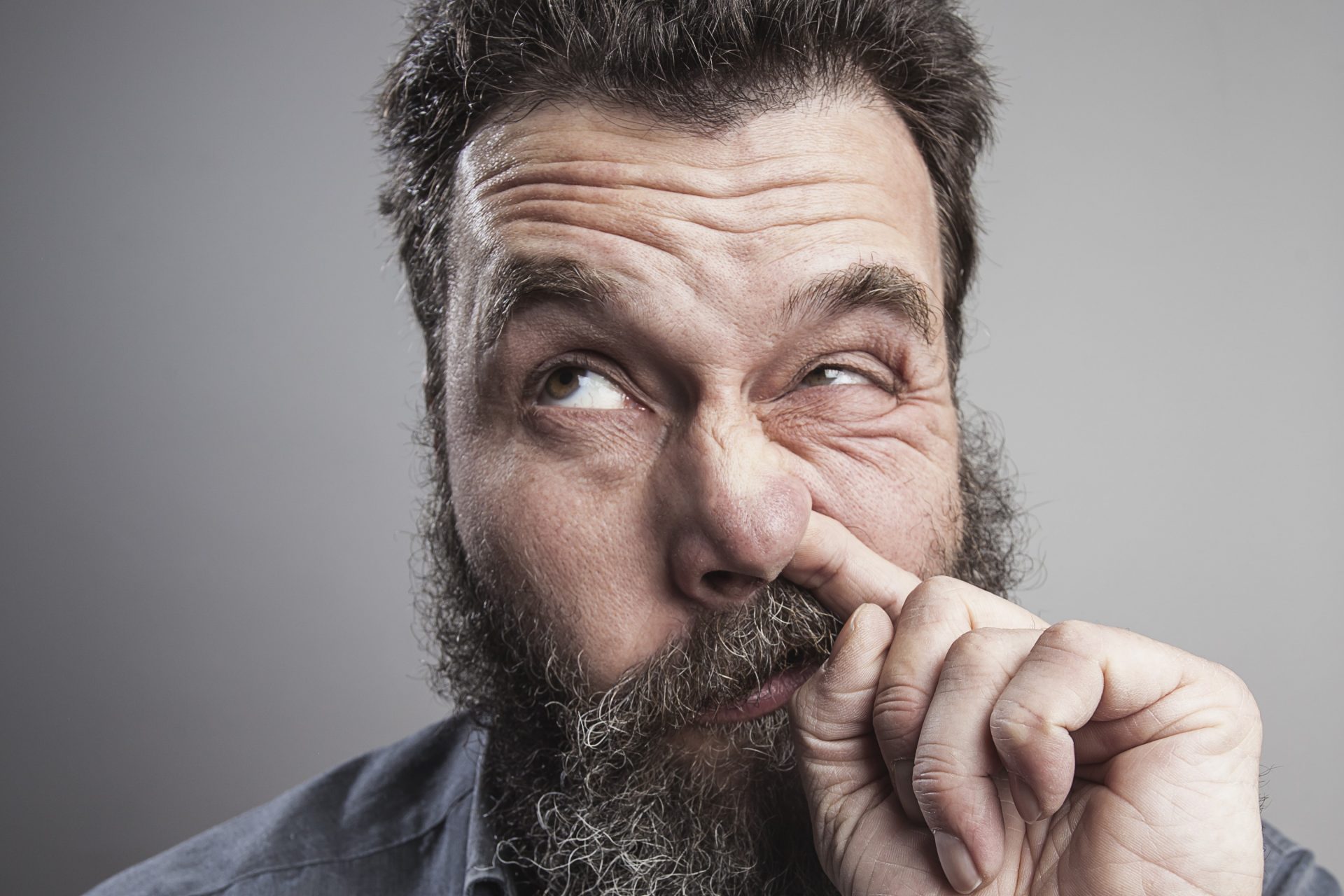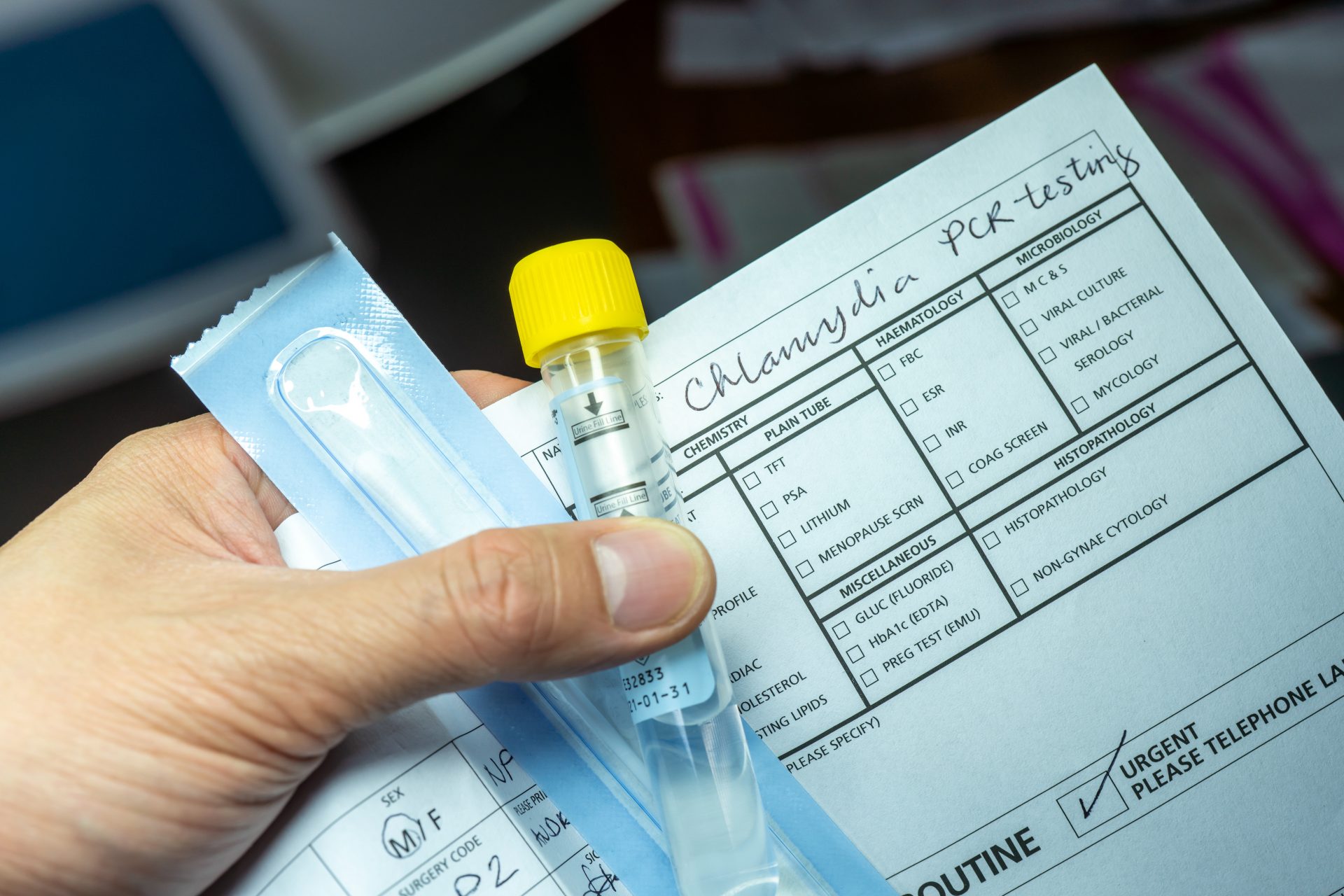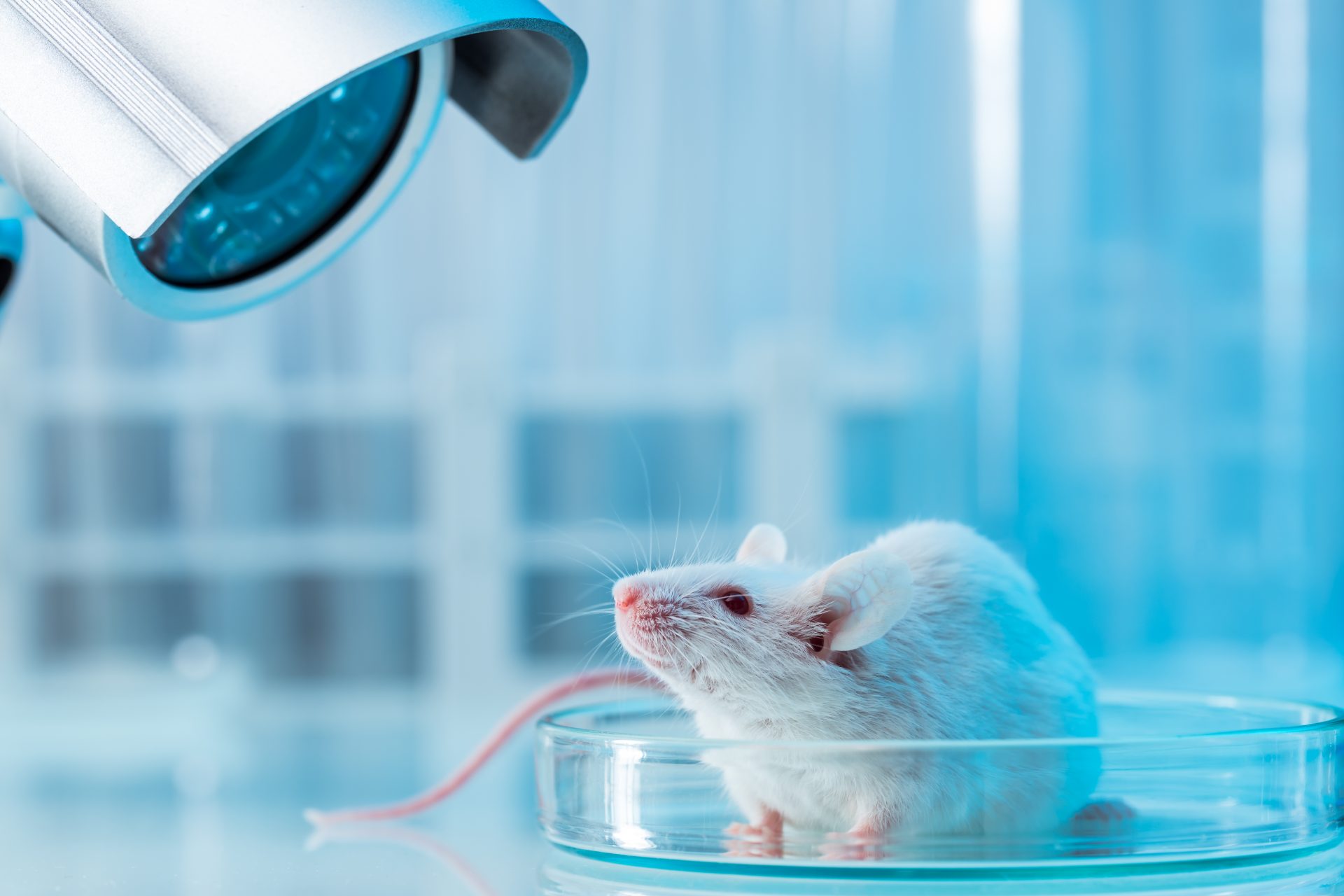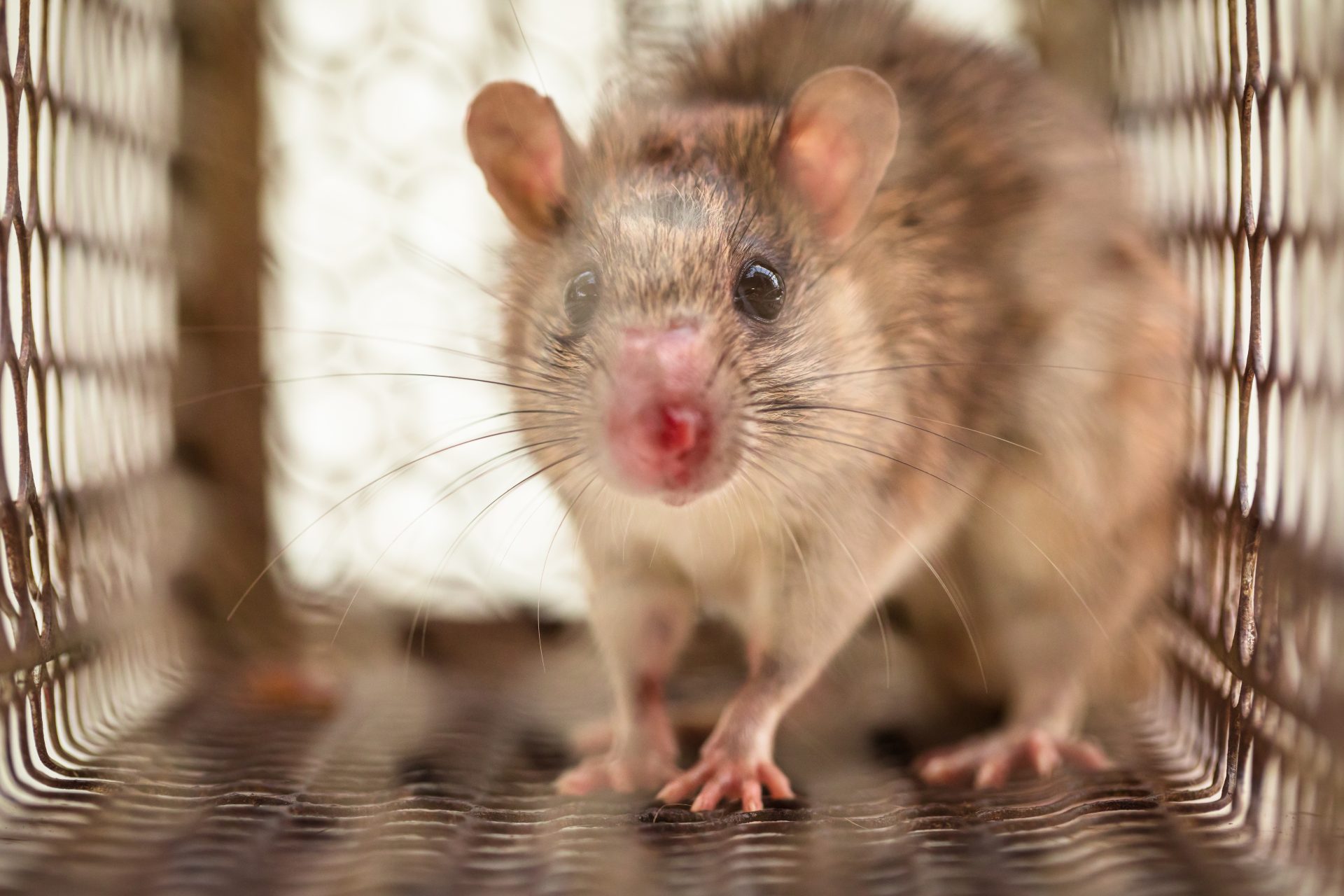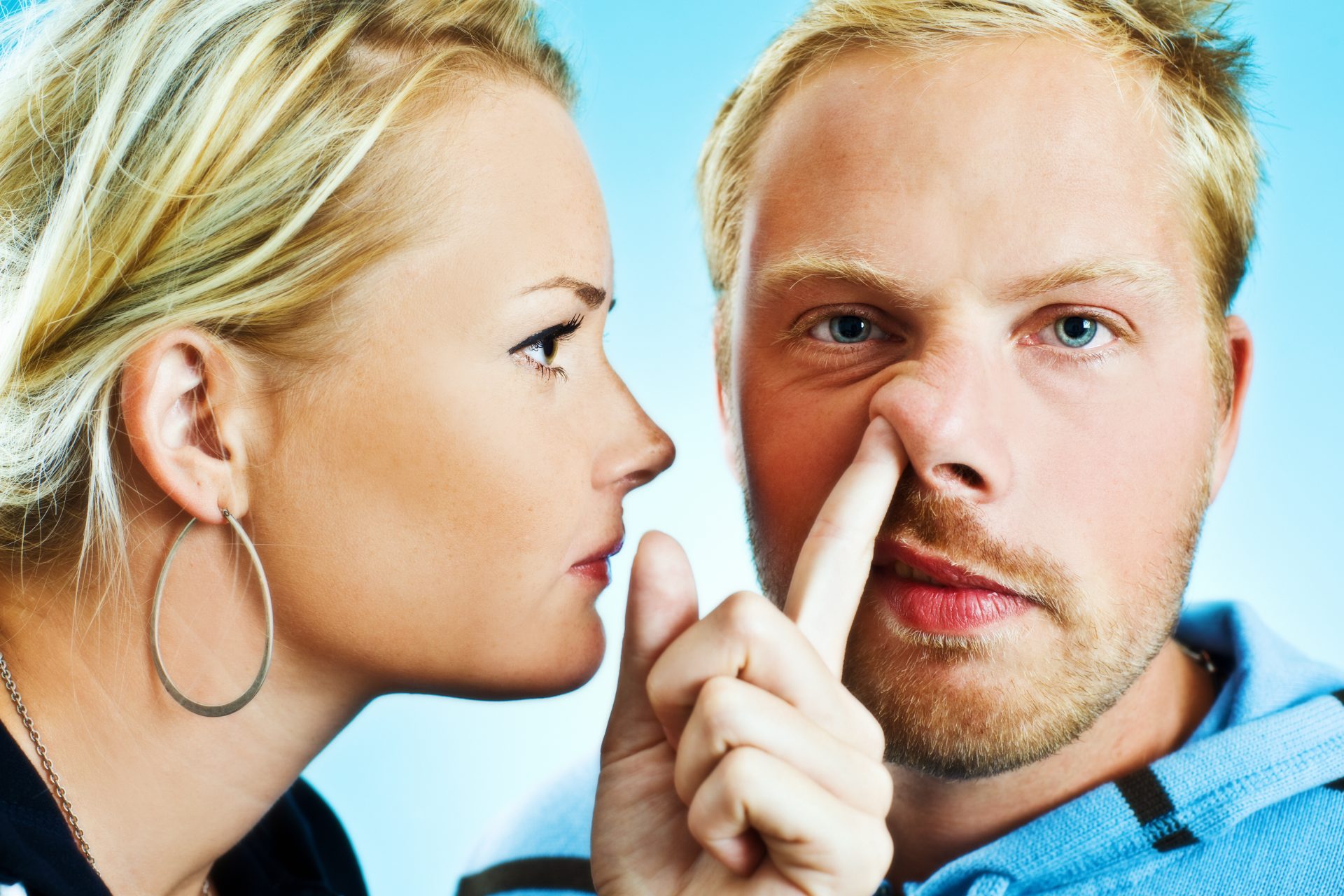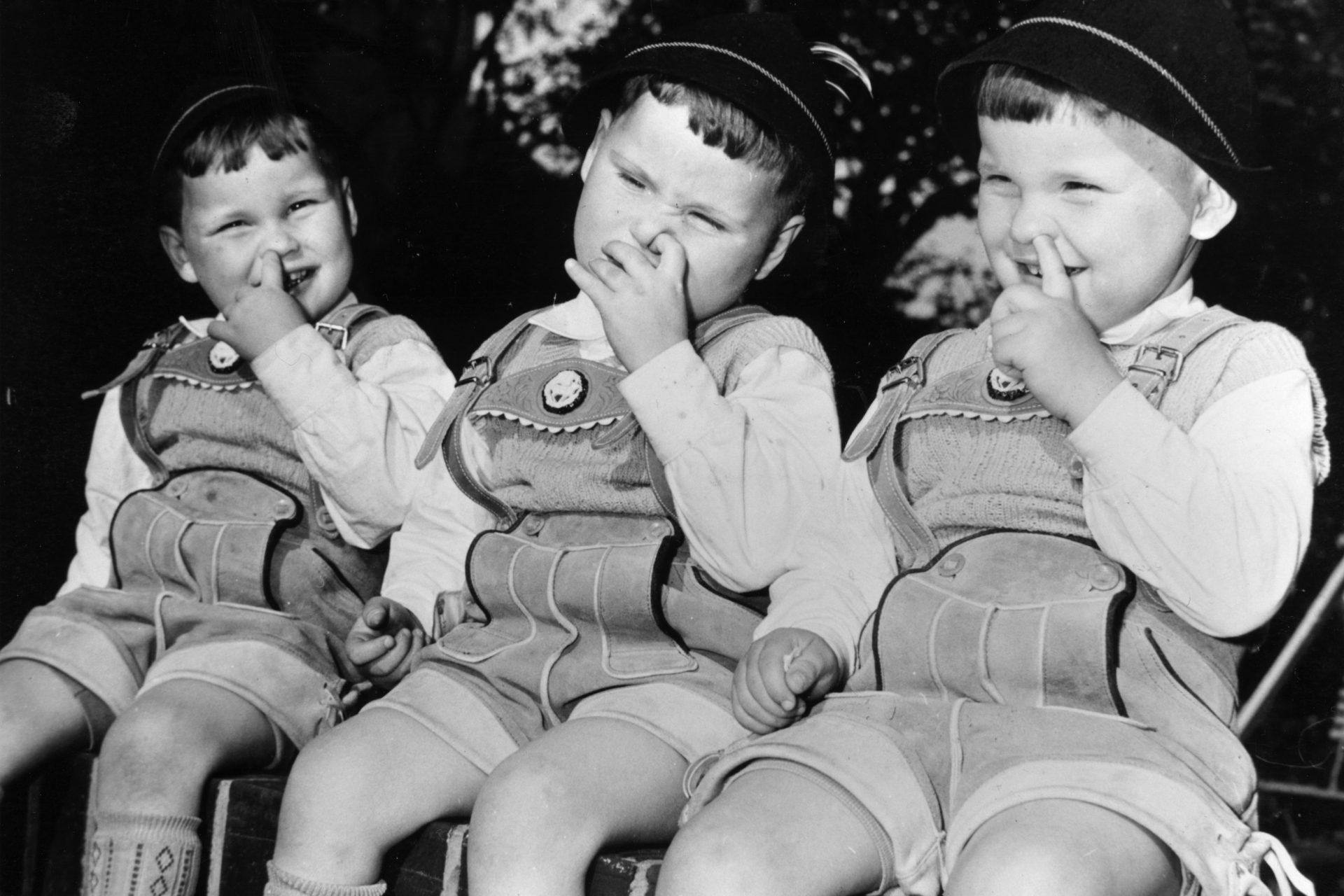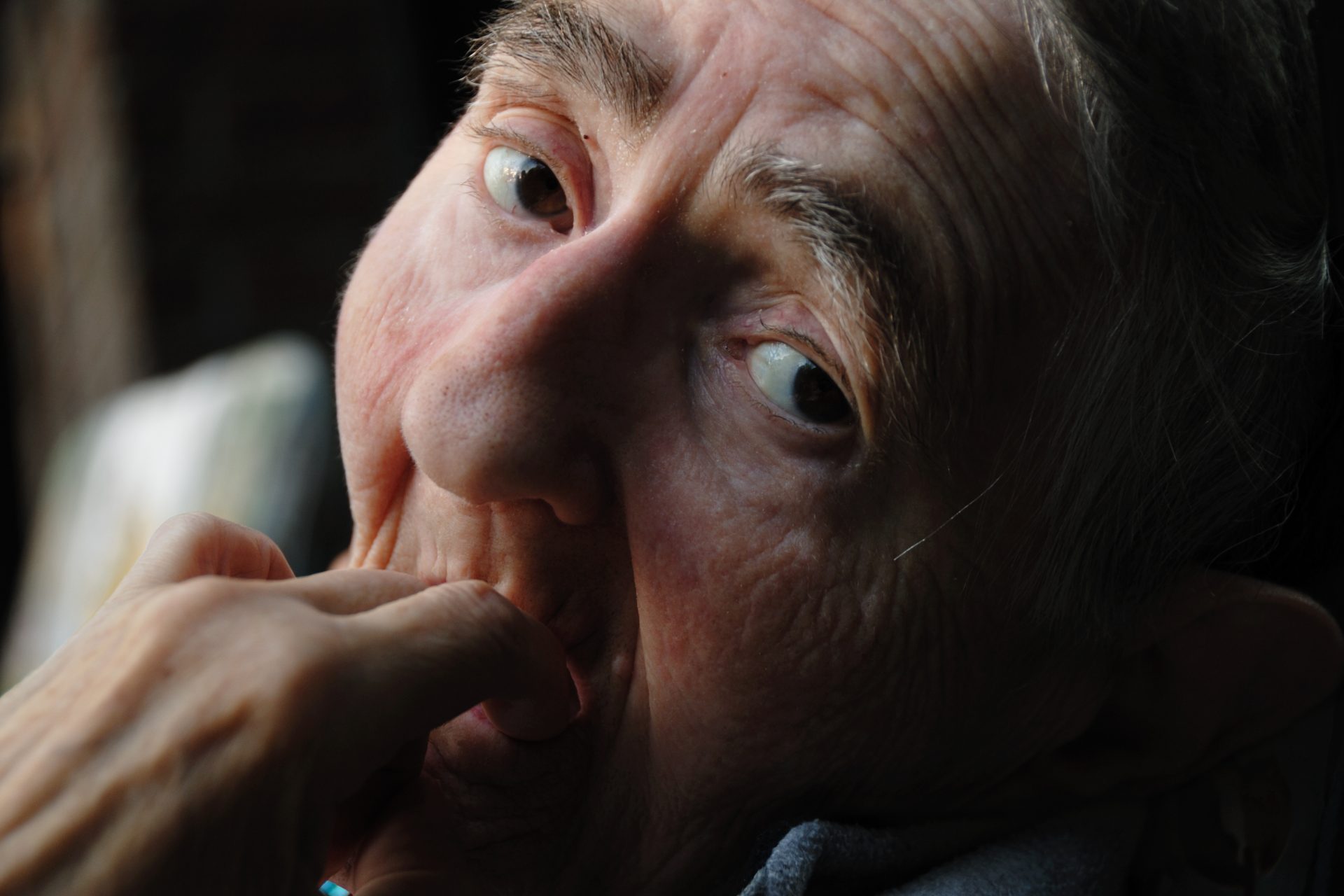Does picking your nose cause Alzheimer's?
In 2022, Griffith University in Australia released a chilling statement. It claimed that a growing body of evidence shows that picking your nose or plucking nose hair is linked to developing the pathologies of Alzheimer’s disease.
According to the Australian researchers, one pathogen, Chlamydia pneumoniae (not like the STD!), can travel up the nose and straight into the brain “where it can start off pathologies that look like Alzheimer’s disease,” according to a statement.
With around 30% of the population set to develop Alzheimer’s and dementia, the University warned that although the study to back the claims, published in Scientific Reports, was conducted in a mouse model, “the evidence is scary for humans as well.”
The researchers infected the noses of mice with the pathogen and looked to see whether the bacteria had traveled to the brain. They found that “within days” the bacteria “were in the brain setting off a cascade of effects including gene changes and protein changes like what we see in humans and which are tell-tale signs for the onset of Alzheimer’s and dementia.”
The researchers from Griffith University said in a statement that they don’t believe a one-off bacterial infection could cause these brain issues. “We think they might stay there for years, living inside our brains and doing small amounts of damage over time, and that might be what contributes to Alzheimer’s disease,” said neurobiology professor James St John.
Let’s face it, we’ve all picked our noses. So this study was not only personally scary, but widely publicized in international media around the world with headlines like “Alzheimer’s disease risk increased by picking your nose and plucking hair.” But should we really be horrified each time we realize that our finger is unconsciously digging for gold in our noses?
Months later, fellow Australian dementia experts Joyce Siette of the University of Western Sydney and Mark Patrick Taylor at Macquarie University submitted a thoughtful review of the evidence presented in an article for the Royal Australian College of General Practitioners.
The researchers were critical that the statement the university released talked about the dangers of picking your nose, which was NOT mentioned in the study itself. “At best the study results suggest infection with C. pneumoniae can spread rapidly to the brain – in mice,” they write.
The researchers emphasized that what happens in mice does not necessarily happen in humans, and although the bacteria in question is more common in people with late-onset Alzheimer’s, association with the plaques in the mouse study does not necessarily mean it CAUSES the disease.
Furthermore, the critical scientists emphasized that the mice in the study were euthanized after a maximum of 28 days after exposure. Not only does that mean that they didn’t have the chance to develop dementia, but “mice do not naturally get Alzheimer’s anyway.”
The scientists conclude the article by clearly stating their verdict on whether or not it's time to panic about your nose-picking habits. “Looking into risk factors for developing Alzheimer’s is worthwhile. But to suggest picking your nose, which introduces C. pneumoniae into the body, may raise the risk of Alzheimer’s in humans – based on this study – is overreach.”
Despite the shaky evidence around the Alzheimer’s link, that doesn’t mean you should start exuberantly mining around your nose for boogers. American allergy specialist Dr. Cristen Cusumano says it's much safer to blow or rinse your nose, because while the risks are low, they still exist.
Your fingers are constantly touching germy surfaces. If said fingers then enter your nasal cavity, it can transfer viruses or bacteria into the respiratory tract. On the flip side, boogers are there to filter out dust and allergens from getting in, so picking them out isn’t doing you any favors.
Golden staph (Staphylococcus aureus) is often found in the nose, and one study found that picking your nose could transmit the bacteria to wounds, which can pose a more serious risk… especially since sometimes antibiotics don’t work on golden staph infections. Or if you’re not touching your own wounds, you may spread the germs to someone else.
Mucophagy is the term for someone who eats their snot. Yes, it is a relatively common practice. But experts warn against eating your boogers because, since they act as filters, they contain germs, toxic metals, and other environmental contaminants, writes Professor Gabriel Filippelli in the Washington Post.
But Dr. Filippelli also acknowledges that pretty much everyone does it, and that a good pick can even be satisfying. In fact, babies who haven’t learned social norms are quick to do it too. So, while you should try to avoid it, if you do find yourself with a finger up your nose, just remember to wash your hands thoroughly afterward.
More for you
Top Stories



